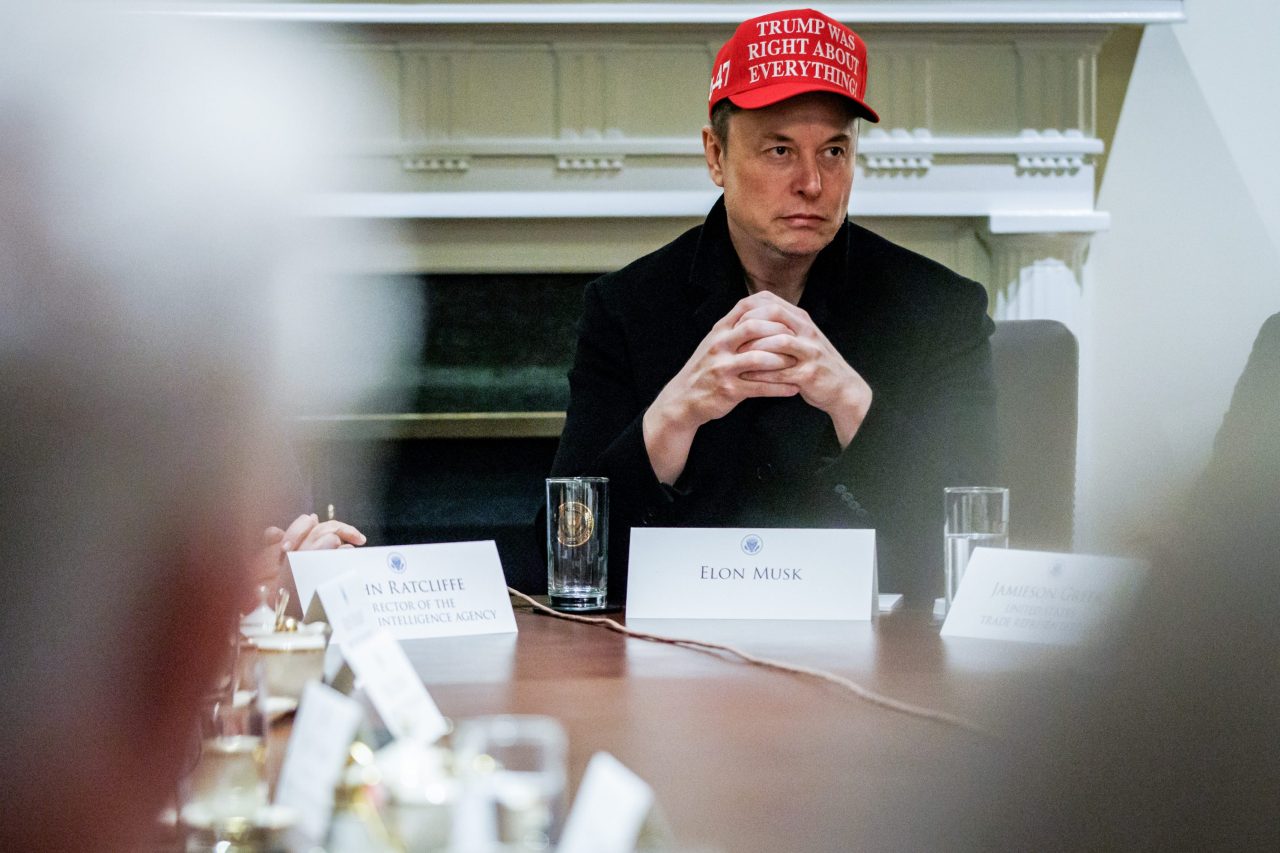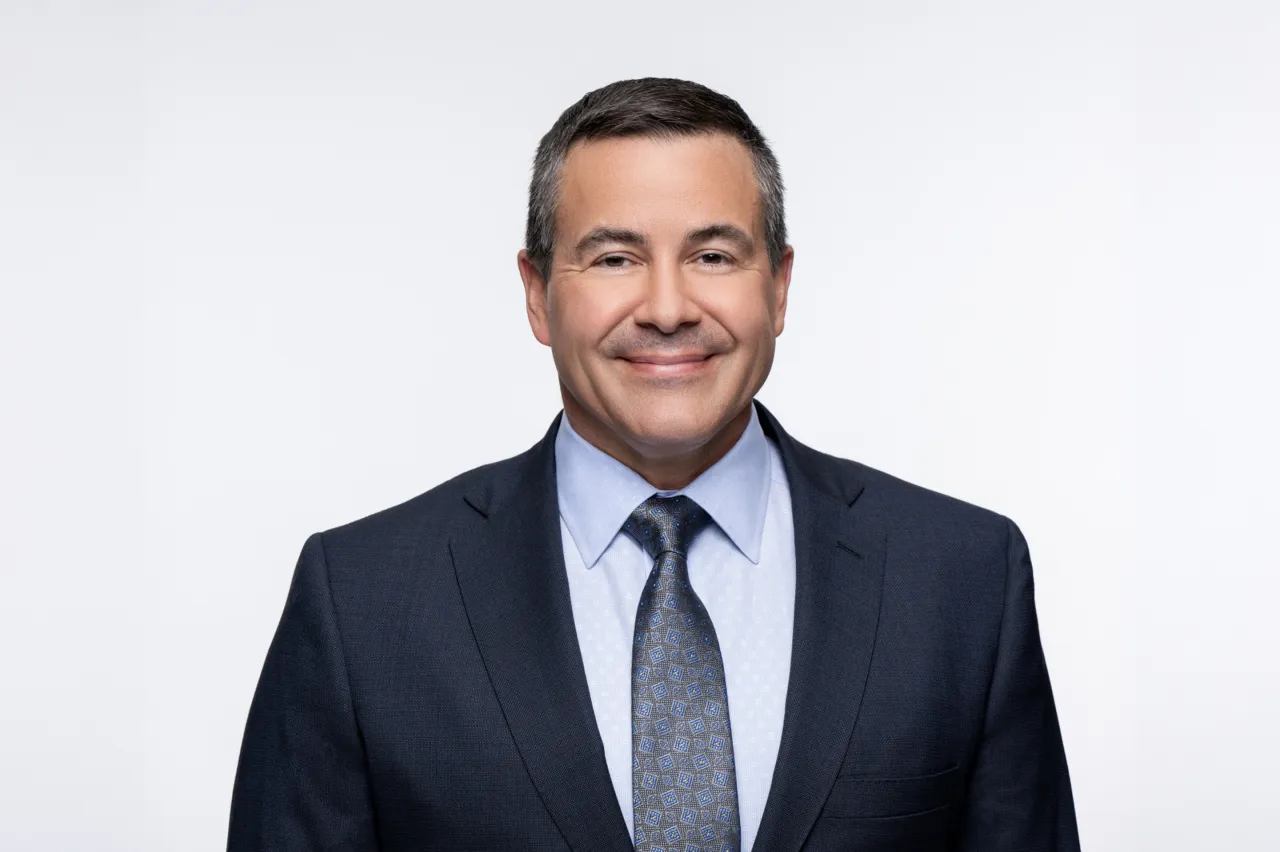Elon Musk’s leadership at Tesla has always been a subject of both admiration and controversy. While his vision has propelled Tesla into a dominant force in the electric vehicle (EV) industry, recent concerns among shareholders have ignited frustration. From his focus on ventures outside Tesla, like SpaceX and X (formerly Twitter), to compensation packages and corporate governance issues, many investors feel the need for a course correction.
Those shareholders who are dissatisfied with Musk’s leadership have two primary avenues to push for change: exercising their voting power and engaging in activist shareholder campaigns.
1. Using Shareholder Voting Power
Tesla, as a publicly traded company, holds annual shareholder meetings where investors can vote on key issues, including executive compensation, board member appointments, and corporate governance policies. Dissatisfied shareholders can leverage their voting rights in the following ways:
- Voting Against Musk’s Compensation Package: Musk’s multi-billion-dollar pay package has been a point of contention. Shareholders can vote against excessive executive compensation to signal disapproval.
- Electing Independent Board Members: A stronger, more independent board can provide better oversight over Musk’s decisions and ensure that Tesla remains focused on its core mission.
- Proposing Policy Changes: Shareholders can submit proposals to improve corporate governance, such as limiting executive influence or requiring a clearer succession plan.
While voting is a direct mechanism for change, it requires a collective effort from institutional investors, retail shareholders, and advisory firms to be effective.
2. Engaging in Shareholder Activism
If voting alone does not bring the desired changes, shareholders can resort to more assertive advocacy through activist investor campaigns. This can include:
- Public Pressure and Media Campaigns: Large investors can use their influence to raise concerns publicly, garnering support from other shareholders and the broader business community.
- Legal Challenges: Some shareholders have pursued lawsuits to challenge Musk’s compensation and Tesla’s governance policies.
- Coalition-Building with Institutional Investors: Major investment firms and pension funds often have significant sway in corporate governance. Coordinating efforts with these large stakeholders can amplify pressure on Tesla’s board.
- Threats of Divestment: Large institutional investors can threaten to offload Tesla shares if governance concerns are not addressed, impacting the stock price and forcing action.
The Road Ahead for Tesla Shareholders
For Tesla investors looking to advocate for change, their success will depend on collective action and persistence. While Musk’s influence over the company remains strong, growing discontent among shareholders could lead to meaningful corporate governance reforms. Whether through voting or shareholder activism, investors have a clear path to shaping Tesla’s future, ensuring that it remains a company driven by innovation and responsible leadership.




